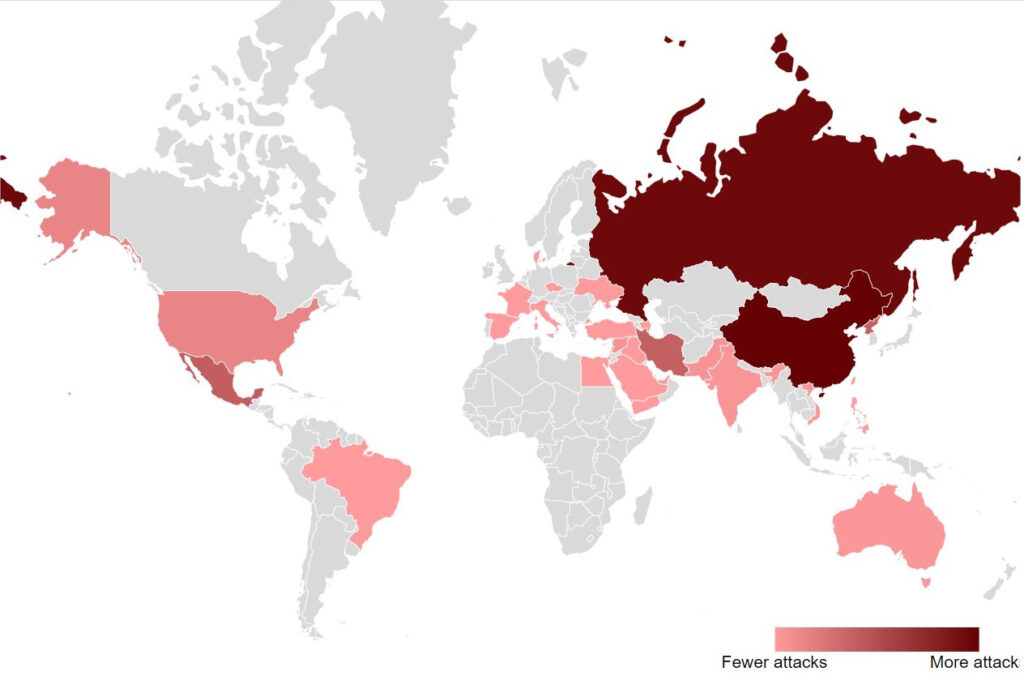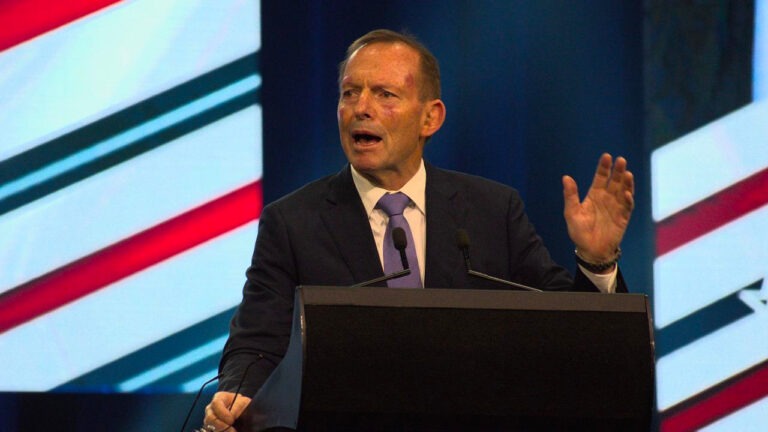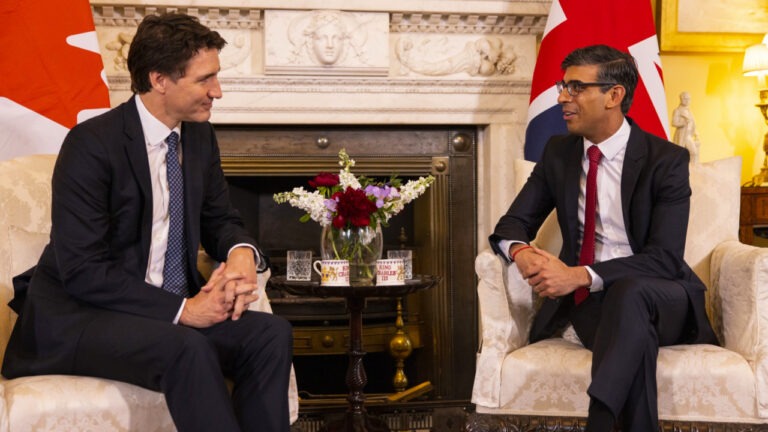
David Bruno
David is a cyber-security expert and anti-espionage consultant based in Canada
In a previous article, we proposed a “CANZUK Approach to Cybersecurity.” As the threat to cybersecurity looms larger than ever, four countries with shared heritage and a common ideology could unite to defend their citizens and critical digital infrastructure from an increasingly resourceful pool of potential attackers from across the world.
The article outlined the similarities in each country’s policy on cybersecurity and offered examples of other international defenses that could be considered successful enough to replicate.
This piece further elaborates on the need for such international co-operation in this arena.
Common Threats
Since 2009, there have been over 500 geopolitical cyberattacks. The annual rate of these state-sponsored or state-supported attacks has more than quintupled over this period and roughly a third of them originate in one of two countries: China and Russia.

Canada, Australia, the United Kingdom and New Zealand have often been at the receiving end of these attacks. Last year, Australian Prime Minister Scott Morrison said a “sophisticated state-based actor” had spent months trying to hack all levels of the government, political bodies, essential service providers and operators of critical infrastructure. Sources told Reuters that this state-based actor was most likely China.
The British government has also warned of cyberattacks originating from China, while a Russian hacker group “APT29” — also known as Cozy Bear and the Dukes – targeted COVID-19 vaccine research in Canada and the UK last year.
In other words, China and Russia have often targeted CANZUK countries with increasingly sophisticated and well-funded cyberattacks. None of these victim countries can individually match the resources and cybersecurity talent of the state attackers.
Limited Resources
CANZUK nations have committed funds to cybersecurity ranging from NZ$106.1 million in New Zealand to roughly £1.9 billion in the UK. Put together, these four nations have committed US$4.2 billion to cybersecurity on an annual basis. By comparison, China spends US$208 billion on its defense budget and has over 100,000 personnel in its “cyber warfare army.”
In other words, the combined resources of the CANZUK nations may be insufficient to face China and Russia, not to mention the growing number of rogue actors and other adversarial states.
Competitive Advantages
Fortunately, each CANZUK nation has unique capabilities in cyber warfare. Canada’s bilateral defense partnership with the United States gives it a leg up. Meanwhile, the UK has deployed a £16.5 billion package of measures to upgrade its National Cyber Force (NCF) and add 35,000 jobs to bolster cybersecurity.
Australia’s new 2020 Cyber Security Strategy allows the government to take a more proactive rather than reactive approach to cyber defense, while New Zealand has recently modernized its approach to cybersecurity.
Further cooperation between the nations should allow them to pool these resources and tools together to thwart attacks from state-sponsored entities and rogue hacker groups from across the world.
Final Thoughts
CANZUK nations have started to take cybersecurity seriously. They have upgraded laws, bolstered budgets and implemented new policies that specifically target this threat.
However, the attackers are much larger and better funded, which makes a co-ordinated approach essential.
This piece further elaborates on the need for such international co-operation in this arena.
Common Threats
Since 2009, there have been over 500 geopolitical cyberattacks. The annual rate of these state-sponsored or state-supported attacks has more than quintupled over this period and roughly a third of them originate in one of two countries: China and Russia.

Canada, Australia, the United Kingdom and New Zealand have often been at the receiving end of these attacks. Last year, Australian Prime Minister Scott Morrison said a “sophisticated state-based actor” had spent months trying to hack all levels of the government, political bodies, essential service providers and operators of critical infrastructure. Sources told Reuters that this state-based actor was most likely China.
The British government has also warned of cyberattacks originating from China, while a Russian hacker group “APT29” — also known as Cozy Bear and the Dukes – targeted COVID-19 vaccine research in Canada and the UK last year.
In other words, China and Russia have often targeted CANZUK countries with increasingly sophisticated and well-funded cyberattacks. None of these victim countries can individually match the resources and cybersecurity talent of the state attackers.
Limited Resources
CANZUK nations have committed funds to cybersecurity ranging from NZ$106.1 million in New Zealand to roughly £1.9 billion in the UK. Put together, these four nations have committed US$4.2 billion to cybersecurity on an annual basis. By comparison, China spends US$208 billion on its defense budget and has over 100,000 personnel in its “cyber warfare army.”
In other words, the combined resources of the CANZUK nations may be insufficient to face China and Russia, not to mention the growing number of rogue actors and other adversarial states.
Competitive Advantages
Fortunately, each CANZUK nation has unique capabilities in cyber warfare. Canada’s bilateral defense partnership with the United States gives it a leg up. Meanwhile, the UK has deployed a £16.5 billion package of measures to upgrade its National Cyber Force (NCF) and add 35,000 jobs to bolster cybersecurity.
Australia’s new 2020 Cyber Security Strategy allows the government to take a more proactive rather than reactive approach to cyber defense, while New Zealand has recently modernized its approach to cybersecurity.
Further cooperation between the nations should allow them to pool these resources and tools together to thwart attacks from state-sponsored entities and rogue hacker groups from across the world.
Final Thoughts
CANZUK nations have started to take cybersecurity seriously. They have upgraded laws, bolstered budgets and implemented new policies that specifically target this threat.
However, the attackers are much larger and better funded, which makes a co-ordinated approach essential.
Share this:
Facebook
Twitter
LinkedIn
WhatsApp
Email




